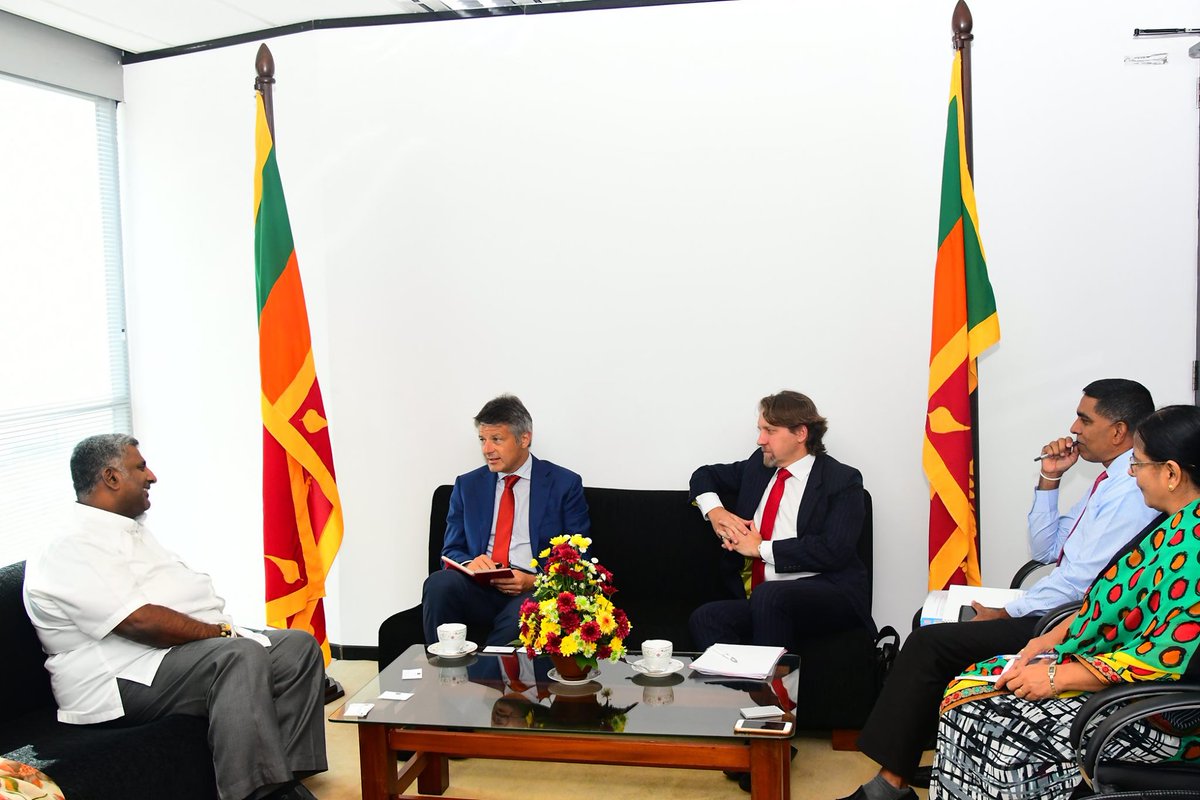
The European Union (EU) tweeted that the renewal of GSP plus trade preferences for Sri Lanka was not “automatic”, warning that it was related to the “effective implementation of 27 international conventions, related to human and labour rights, environment and good governance”.
The statement from the EU directly contradicts reported claims from Sri Lankan minister Prasanna Ranatunga, who said that his government was assured GSP+ tax concessions until 2023, after he met with European diplomats.
During discussions, it was reported that as much as 58% of all Sri Lanka’s exports benefit from the GSP+ scheme, with the EU remaining Sri Lanka’s largest export market. Since the trade concessions were reinstated in 2017, exports to the EU immediately grew 5% the following year.
Sri Lanka lost access to the trade concession due to its abysmal human rights record in 2010, but the granting of access in 2017 was met with widespread criticism from human rights organisations and Tamil civil society.
The EU is due to publish its biennial report on Sri Lanka later this year, with the island supposed to have met a series of targets from the previous report which includes repealing the Prevention of Terrorism Act (PTA), bringing torturers to justice and returning land to civilians in former conflict zones
"The EU monitors this implementation closely," it added in its tweet.
